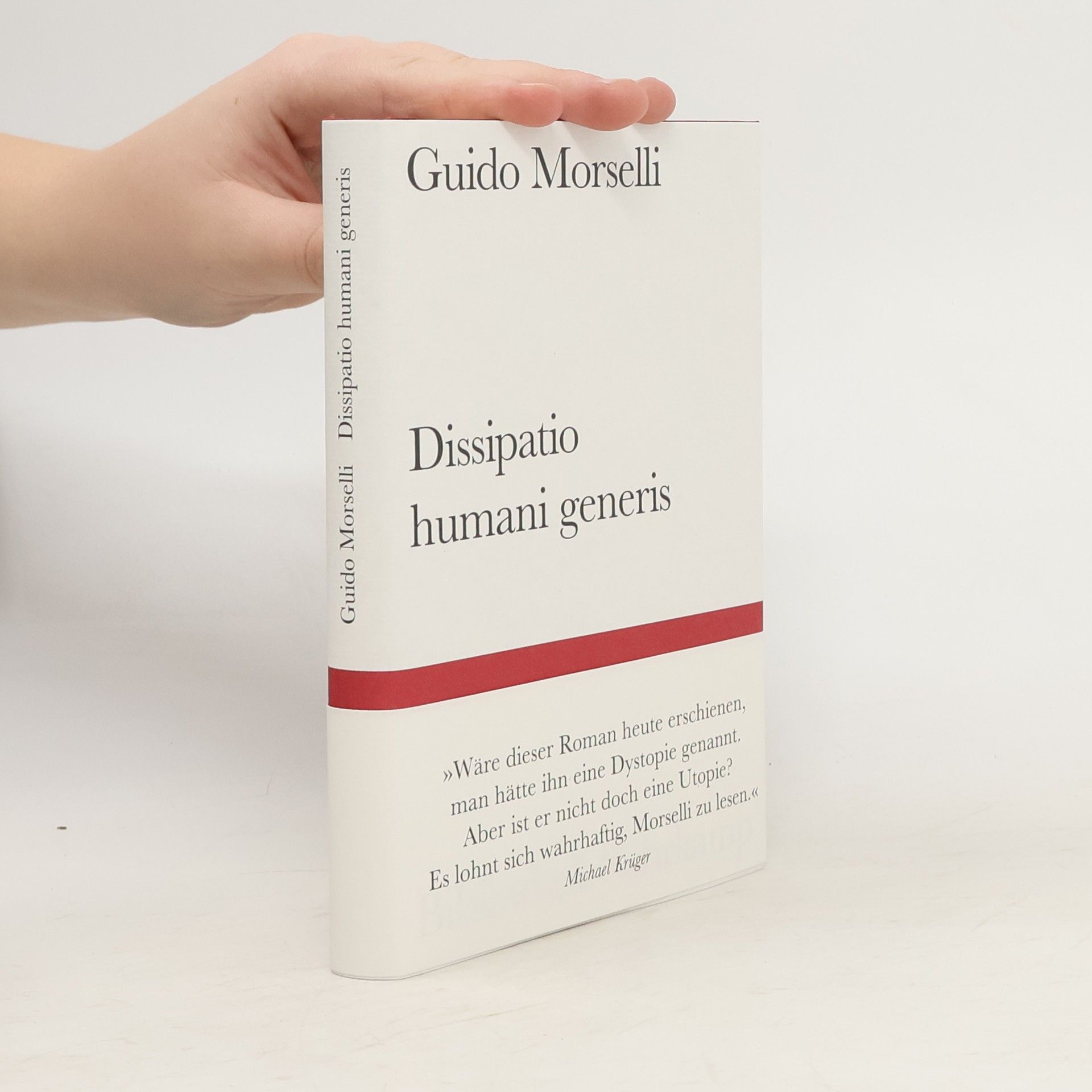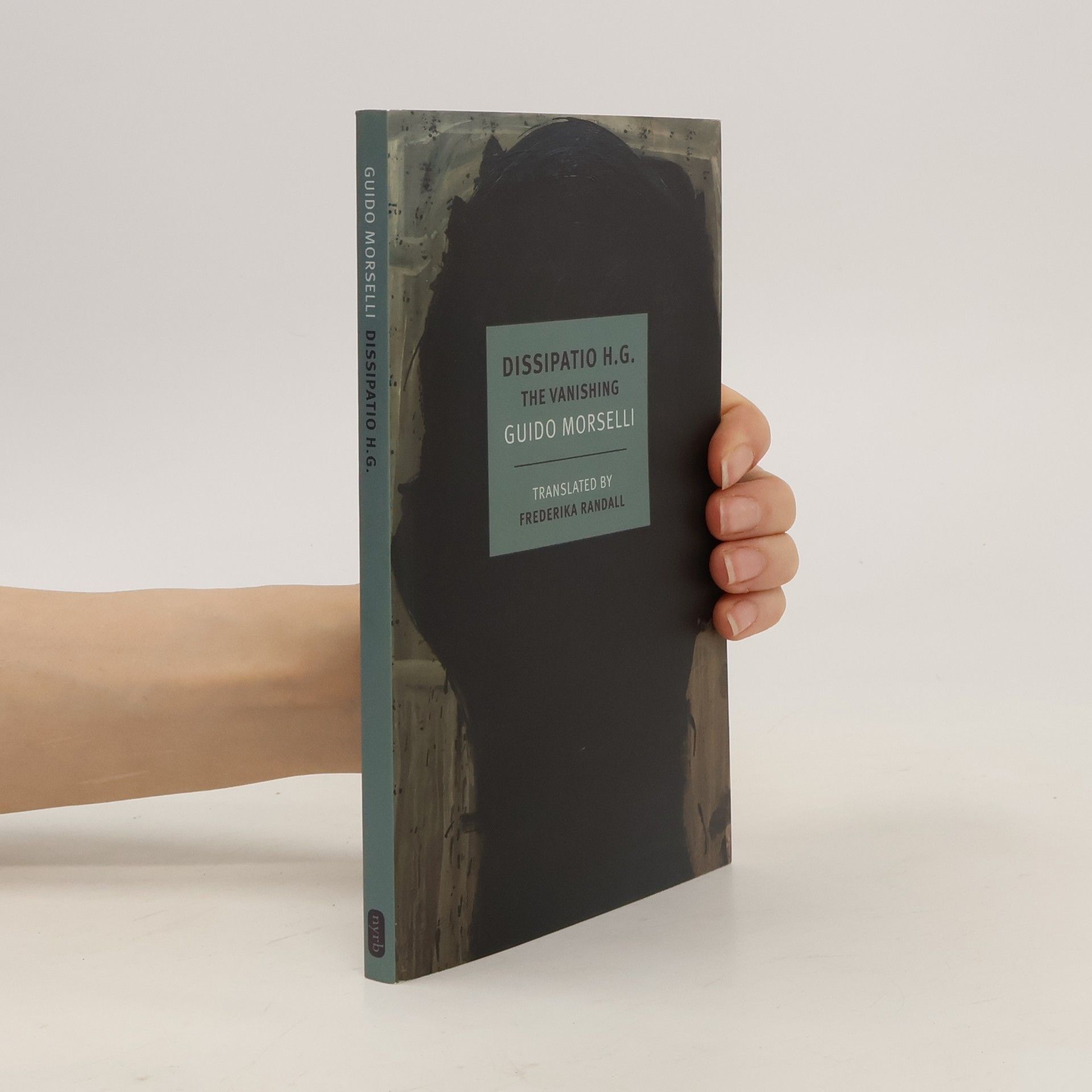A fantastic and philosophical vision of the apocalypse by one of the most striking Italian novelists of the twentieth century. From his solitary buen retiro in the mountains, the last man on earth drives to the capital Chrysopolis to see if anyone else has survived the Vanishing. But there’s no one else, living or dead, in that city of “holy plutocracy,” with its fifty-six banks and as many churches. He’d left the metropolis to escape his fellow humans and their struggles and ambitions, but to find that the entire human race has evaporated in an instant is more than he had bargained for. Meanwhile, life itself—the rest of nature—is just beginning to flourish now that human beings are gone. Guido Morselli’s arresting postapocalyptic novel, written just before he died by suicide in 1973, depicts a man much like the author himself—lonely, brilliant, difficult—and a world much like our own, mesmerized by money, speed, and machines. Dissipatio H.G. is a precocious portrait of our Anthropocene world, and a philosophical last will and testament from a great Italian outsider.
Frederika Randall Libros



Am 2. Juni um 2 Uhr morgens verschwindet die gesamte Menschheit, lautlos und ohne Spuren zu hinterlassen. Zurück bleiben die Sachen und die Tiere, die sich schon bald mit wachsender Furchtlosigkeit hervorwagen, um die Erde wieder in ihren Besitz zu nehmen. Übriggeblieben ist außerdem: ein einziger Mensch, ein Einzelgänger, der mit der Welt nicht zurechtkam und sich in ebendieser Nacht das Leben nehmen wollte. In einer paradoxen Umkehrung wird der verhinderte Selbstmörder nun zum einzigen Repräsentanten menschlichen Lebens, zur Menschheit schlechthin. Offen bleibt dabei die Frage, ob er, der einzig verschont Gebliebene, ein Auserwählter oder ein Verdammter ist. Geschrieben kurz vor dem Freitod des Autors, ist Dissipatio ein visionäres Porträt unserer heutigen Zeit, ein philosophisches Vermächtnis und das Testament eines großen italienischen Solitärs.
Rom ohne Papst
Römische Berichte vom Ende des zwanzigsten Jahrhunderts